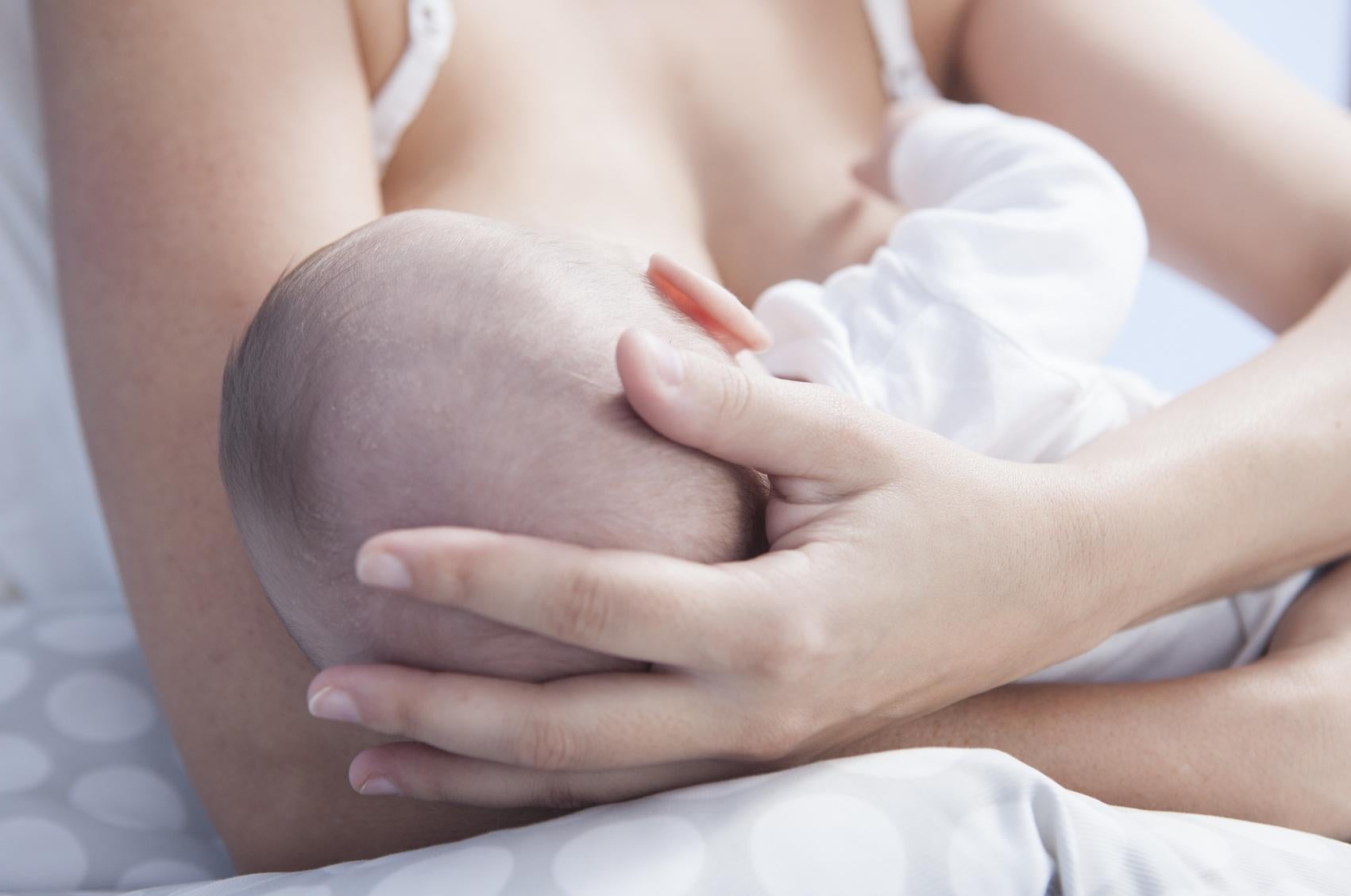New York opens first breast milk donation bank to help premature babies
Donor co-ordinator Erica Hankinson told The Independent that it is harder to find donors than recipients in a country where one in 10 babies is born prematurely

Your support helps us to tell the story
From reproductive rights to climate change to Big Tech, The Independent is on the ground when the story is developing. Whether it's investigating the financials of Elon Musk's pro-Trump PAC or producing our latest documentary, 'The A Word', which shines a light on the American women fighting for reproductive rights, we know how important it is to parse out the facts from the messaging.
At such a critical moment in US history, we need reporters on the ground. Your donation allows us to keep sending journalists to speak to both sides of the story.
The Independent is trusted by Americans across the entire political spectrum. And unlike many other quality news outlets, we choose not to lock Americans out of our reporting and analysis with paywalls. We believe quality journalism should be available to everyone, paid for by those who can afford it.
Your support makes all the difference.The first community-based, non-profit breast milk bank has opened in the state of New York.
The organisation, which collects, sorts and pasteurises breast milk from donors, ships it throughout the state to premature babies who are most in need.
Erica Hankinson, donor co-ordinator at the New York Milk Bank in Hastings-on-Hudson, told The Independent that women who go into premature labour are often facing a stressful situation and their bodies are not ready to start producing milk.
One in 10 babies is born prematurely, she said.
Recipient parents are "grateful" for the new bank, which opened on Wednesday, but the struggle to find donors is more challenging.
The centre needs 200,000 ounces of milk just to feed the babies most at risk in the state.
"We find it’s about 1 per cent of women who have the ability to produce milk actually donate milk," she said.
"We’re fortunate and are seeing increase in women who are calling to donate or ask about donating, which is wonderful. We really want hospitals to accept it," she added.
Donors are not paid, and they have to fit strict criteria, including not consuming tobacco or milk enhancers, which are shown to reduce blood sugar levels in premature infants.
"Research shows human milk provides the best nutrition for babies and protects against numerous life-threatening infections, especially in vulnerable preterm infants," added Julie Bouchet-Horowitz, founder and executive director, in a statement.
"Establishing The New York Milk Bank has been a true labour of love for our team, and we are committed to improving the health and survival of babies in need by providing safe pasteurised donor human milk when their own mother’s milk is not available."
Ms Hankinson said that although they are seeing an increase in the number of people who are showing interest in or using the service, stigma around breastfeeding remains.
The centre opened shortly after an event called The Big Latch took place outside Brooklyn Borough Hall to celebrate World Breastfeeding Week in August.
"Unfortunately there is a lot of work to be done and we are part of the movement to change the culture towards breastfeeding in New York," she said.
"We want people to know it’s not an oddity and is just a natural part of life."
The organisation is also working to encourage local hospitals in Rochester and Buffalo to accept donations.
Before the centre opened, some mothers had to ship in milk from Massachusetts.
There are now 25 such banks in North America and Canada, and about 290 worldwide, said Ms Hankinson.
Join our commenting forum
Join thought-provoking conversations, follow other Independent readers and see their replies
Comments